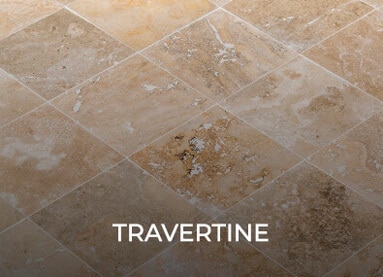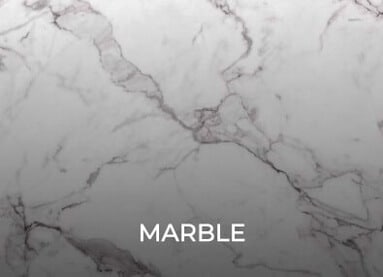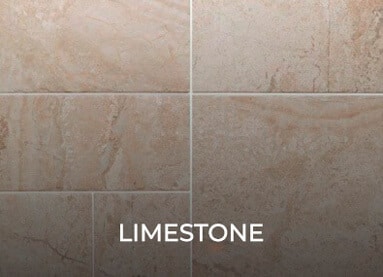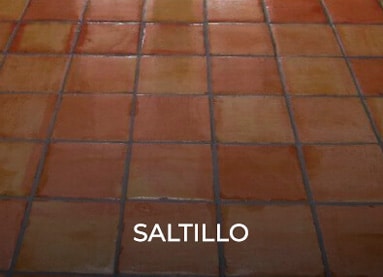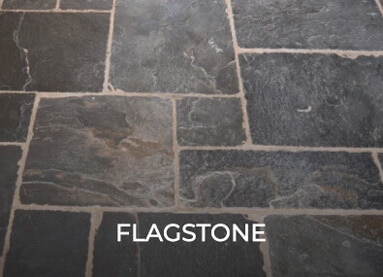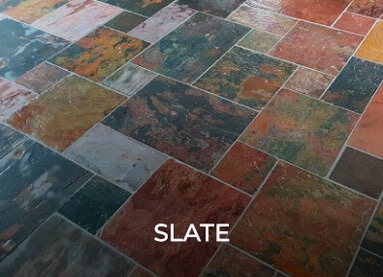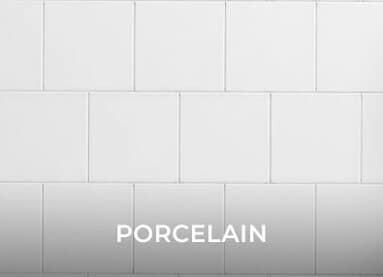Porcelain Sealing
Keep your porcelain floors looking pristine and sparkling with premium porcelain tile sealing from the trusted tile contracts at Arizona Stone Care.
Porcelain Cleaning
Because of our strong commitment to providing high quality results for homes and businesses in the Valley, we offer first rate porcelain cleaning in Phoenix!
Porcelain Tile
Polishing
Bring the shine back into your porcelain tile flooring with our top-rated tile polishing services that are designed to give you stunning, long lasting results.
Customer Comments
See What Our Customers Have To Say About Our Services!

I wanted to have it done but was not looking forward to moving everything again. Talk about customer service…he said THEY would move all the furniture. They moved everything…and put it back. They also cleaned everything up when they were finished. Finally, our floor is finished and looks beautiful!
Kathy S.
San Tan Valley, AZ
★★★★★
I spoke with a number of companies about sealing our newly installed tumbled travertine but ultimately went with Hank at Arizona Stone Care because it was obvious that he was far more knowledgeable on the subject and would stand behind the job.
Brook T.
Phoenix, AZ
★★★★★
I was given a ton of info on my first call to the company. Hank came over and we got a plan in motion. Hank and his crew showed up on time and got right to work. They did a demo of gloss level options. I’m glad they did the demo. We first wanted the semi gloss but after the demo, we went with the high gloss.
John G.
Scottsdale, AZ
★★★★★
What Makes Porcelain Unique
Most types of tiles that are made from clay or a mixture of clay and other materials and then kiln-fired, are considered to be a part of the larger classification called “Ceramic Tiles”. These tiles can be split into two groups, porcelain tiles and non-porcelain tiles. These non-porcelain tiles are frequently referred to as ceramic tiles by themselves, separate from porcelain tiles – confusing!
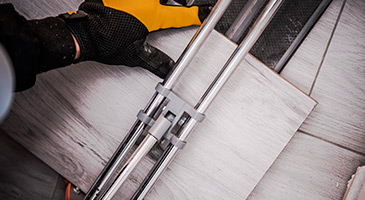
Non-Porcelain Tiles Carry The Color In The Glaze
Non-porcelain ceramic tiles are generally made from red or white clay fired in a kiln. They are almost always finished with a durable glaze, which carries the color and pattern. These tiles are used in both wall and floor applications.
Non-porcelain ceramic tiles are Suitable for Light – Moderate Traffic
Non-porcelain ceramic tiles are usually suitable for very light to moderate traffic and generally have a relatively high water absorption rating making them less frost resistant and they are more prone to wear and chipping than porcelain tiles.
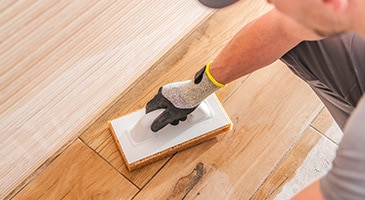

Porcelain Tile Is
Scratch Resistant
Porcelain tile is more scratch resistant than ceramic tile. Also, porcelain tile is fired at higher temperatures than ceramic, resulting in superior durability and stain resistance.

Porcelain Tile
Is Waterproof
Porcelain unglazed tile is generally made by the dust pressed method from porcelain clays which result in a tile that is dense, impervious, fine grained and smooth, with a sharply formed face.

Porcelain Tile
Is Frost Resistant
Porcelain tiles usually have a much lower water absorption rate (less than 0.5%) than non-porcelain ceramic tiles making them frost resistant.

Porcelain Tile Is
Impervious To Wear
Full body porcelain tiles carry the color and pattern through the entire thickness of the tile making them virtually impervious to wear and are suitable for any application from residential to the highest traffic commercial or industrial applications.

Porcelain Tile Is
High PSI Resistant
Because porcelain tile is fire-hardened and quite hard, it can be cleaned at pressures up to 1,450 PSI if the grout is in good condition.

Ideal For
Commercial Applications
Porcelain unglazed tiles are similar to glazed tile, except that their surface is not coated. Full-body porcelain unglazed tiles do not show wear because their color extends throughout the tile, making them ideal for commercial applications.
How to Keep Your Porcelain Floor Looking Great
Keeping ceramic, porcelain tile & grout free of dust and dry, sandy soil will minimize scratches, wear patterns and grout soiling that can develop from everyday use and traffic. Here are a few everyday cleaning routine tips you can follow at home to keep your porcelain floors scratch-free:
- Use walk-off mats to trap abrasive soil before it gets into the house or building.
- Sweep, dust or vacuum surfaces regularly to remove loose soil and dust.
- Clean the tile & grout using warm water and a clean nonabrasive cloth sponge or mop.
- Use a neutral cleaner such as Stone & Tile Cleaner or Revitalizer that is specially formulated for ceramic, porcelain tile & grout to help remove soils that sweeping, dusting, vacuuming or damp mopping leave behind.
- For extremely soiled tile, clean with KlenzAll heavy duty alkaline cleaner and degreaser.
- Do not use ordinary household cleaners, as you may degrade the sealer that was applied to the grout to protect against stains.
What is PEI and Why is it Important
Keeping ceramic, porcelain tile & grout free of dust and dry, sandy soil will minimize scratches, wear patterns and grout soiling that can develop from everyday use and traffic. Here are a few everyday cleaning routine tips you can follow at home to keep your porcelain floors scratch-free:
- PEI Class 0 – No Foot Traffic: Wall tile only and should not be used on floors
- PEI Class 1 – Very light traffic: Very low foot traffic, bare or stocking feet only. (Master bath, spa bathroom).
- PEI Class 2 – Light Traffic: Slipper or soft-soled shoes. Second level main bathroom areas, bedrooms.
- PEI Class 3 – Light to Moderate Traffic: Any residential area with the possible exception of some entries and kitchens if
extremely heavy or abrasive traffic is anticipated. - PEI Class 4 – Moderate to Heavy Traffic: High foot traffic, areas where abrasive or outside dirt could be tracked. Residential
entry, kitchen, balcony, and countertop. - PEI Class 5 – Heavy Traffic: Ceramic tile suggested for residential, commercial and institutional floor subjected to heavy traffic.
Call, Text or Email For Service!
Need porcelain tile cleaning services in Paradise Valley, Scottsdale, Gilbert, Mesa, or another surrounding city? Contact us today for a free quote or call at 559-660-6002 to learn more about our Queen Creek porcelain tile sealing contractors, marble polishing services, limestone tile restoration, flagstone tile cleaning, travertine tile restoration in AZ, or a variety of our other top rated tile and natural stone cleaning services.
Types of Natural Stone We Service and Maintain
Having any kind of natural stone in your home or business can be a stunning and unique feature, but if it is not properly maintained, its appearance can quickly suffer. At Arizona Stone Care, we provide natural stone cleaning in Phoenix for a variety of materials including limestone, flagstone, marble, granite, travertine, porcelain tile, ceramic tile, saltillo, and much more! To learn about our natural stone restoration contractors, contact us today!
Sealing Ceramic and Porcelain Tile & Grout
Glazed tiles are coated with a liquid glass, which is then baked into the surface of the clay. The glaze provides an unlimited array of colors and designs as well as protects the tile from staining. A glazed tile is already stain proof, so there is no purpose to putting on a sealer. However, the grout joint between the tiles is usually very porous and generally made of a cement-based material. Therefore, grout joints typically will need to be sealed and maintained properly to prevent stains and discoloration. Impregnating sealers such as All-Purpose Grout Sealer go into the grout joint and protect against water and oil-based stains. Most industry professionals recognize that grout is best protected with a fluorochemical-based sealer, such as Impregnator Pro or All-Purpose Grout Sealer. If the grout joint is epoxy, a sealer is not necessary.
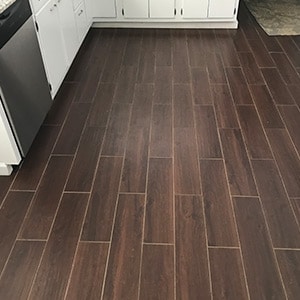
UNGLAZED PORCELAIN TILE
Unglazed porcelain tile should be protected with a penetrating sealer, such as Sta-Clene, Bullet Proof or Impregnator Pro, including the grout lines. The penetrating sealer is an invisible, stain-resistant shield that is absorbed into the surface.
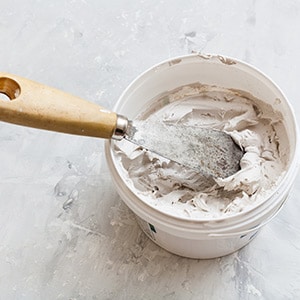
SEAL CEMENTITIOUS GROUT TO PREVENT STAINING
Cementitious grout must be sealed to prevent or minimize staining. Leaving these surfaces unsealed may greatly hinder the ability to completely remove stains in the future. Allow new installations to cure for 72 hours prior to applying the sealer.
















